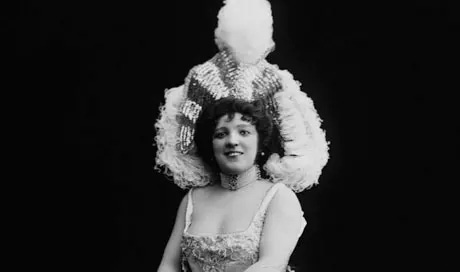If Sappho were alive today, would she recognize herself more among pop singers or poets? It’s almost an infantile question whether pop lyrics are poetry. The simple answer is that it’s a silly question. Ideology hides easy in silliness. As socialized women dominate the global pop market, inseparable from complex phenomena like US cultural imperialism on the one hand, the explosion of feminist empowerment on the other, I wonder where the intelligent pop music criticism is or has gone.
Some retired poobah recently caused a stir by publishing a book of music with rock legends where there were no women (of any race) or people of color (of any gender). The obvious odiousness is how can anyone think rock music was or is white boy music. The more subtle grimness is the weird paucity of seriousness writing about pop lyrics, even among music critics. Like, is this all we get for oral history?
It’s probably safe to say more books have been written about Bob Dylan than any other living songwriter. This is not a question of rigorous scholarship or fuddy-duddy academics, though it’s related (Dylan has a Cambridge Companion volume, if Amy Winehouse’s “Love is a Losing Game” was only once featured on a Cambridge exam to public outcry). It’s a matter of study. That is, vitality. The way Fred Moten studies (lives out, writes in & out of) Cecil Taylor. If art doesn’t provide some support and tools for living, then what good is it. During COVID I realized that music was not primarily about pleasure or leisure. Not foremost. It’s essentially about company. Like a partner or pet, only not. For billions of us, music walks alongside our lives more intimately than any other art. Music, like grief, the omni-voyeur. I like the concept of the soundtrack to visualize this. What’s the soundtrack to your life? one of my Jesuit teachers once posed to us in a crowded lecture hall. Believe me, he wasn’t referring to Katy Perry.




